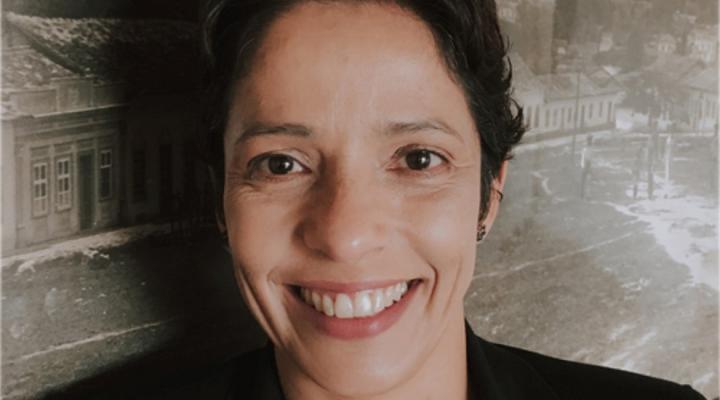
Translating innovative health technologies from concept to market.
Welcome new senior lecturer Suélia de Siqueira Rodrigues Fleury Rosa. Read more about Translating innovative health technologies from concept to market.

Hometown: Boston, MA
BME Degree Program: B.S. in BME [concentration in molecular/cellular/systems engineering (MCSE)] and CS double major
Lab affiliation/Adviser: Dan Luo, Department of Biological and Environmental Engineering
Awards/honors: NSF Fellowship, TBP Scholarship
Why Cornell?
I was drawn to the emphasis on engineering in practice and on inclusivity and community.
Why BME?
I decided to major in BME before I even applied to college when I met a biomedical engineer who talked about her work designing surgical tools. I loved the idea of applying some creativity and engineering biology to advance human health. I think the most interesting thing about BME is the novelty; there is still so much we don’t know about biology and so much more we can do with our discoveries. It’s a field that keeps moving, it never gets boring.

How did you decide on your BME concentration, Molecular/Cellular/Systems Engineering (MCSE)?
Whenever I learn about a disease or treatment for a disease, my first questions are how does that work at the lower level? What are the biomolecular mechanisms involved? Chemistry is the foundation for biology, and MCSE is the concentration that focuses on the interface between the two.
What do you think are some of the most important skills you’ve learned while pursuing this major?
I think the most important skill that I learned in this major is how to think like an engineer, and how to come up with new ideas. I remember my very first time trying to come up with a BME project idea, it was grueling and not very successful. Now it comes naturally after lots of practice in the BME major and on Cornell iGEM as well as a thorough understanding of the foundations in engineering.
What was it like to pursue and finish your degree during the pandemic?
Without a doubt it made many things harder, the wet lab aspect of my research work certainly suffered. However, it did push me to learn new skills and really embrace my computer science background in modeling and optimizing remotely.
What advice might you give other students considering BME?
Challenges are inevitable, but you’ll get through them as long as you don’t lose sight of your goals. These challenges are also not to be taken alone. Find an experienced advisor that will advocate for and encourage you in your time at Cornell. My advisors have been so important to my undergraduate experience, so take the time to reach out and find the right advisors for you.

Any interests outside of or in relationship to your scholarship?
I row with the Cornell Rowing Club a few times a week, where we get the best view of Ithaca and Cayuga Lake! I love to bake and cook for my friends. Memes are a must in any group I am in, professional or not.
What stands out to you about your Cornell BME experience so far and why?
Outside of my classes, my time with Cornell iGEM was truly amazing. They are an amazing community of people and the process of completing a unique synthetic biology project from start to finish every year is incredible. My favorite class was definitely BME 3020 (Molecular Principles of Biomedical Engineering), where I learned molecular engineering in depth and its applications in the real world.
What’s the next step for you?
I will be pursuing an MS/PhD at Columbia in the BME department as an NSF fellow. I can't thank BME, CS, my BEE research lab, nor my project team enough for giving me the diverse and rich experiences that were the foundation of my application. I am so excited to take this opportunity to incorporate everything I've learned at Cornell and start my own research project on drug delivery to glioblastomas. My ultimate goal after getting a PhD is to become a professor because I love teaching and I want to help future students put their ideas into practice, just as my mentors at Cornell have done for me.